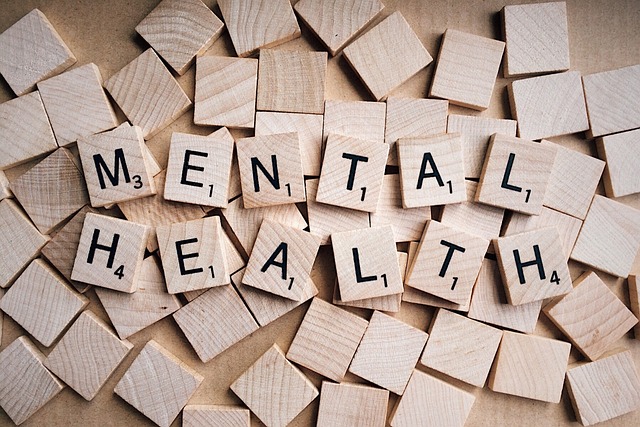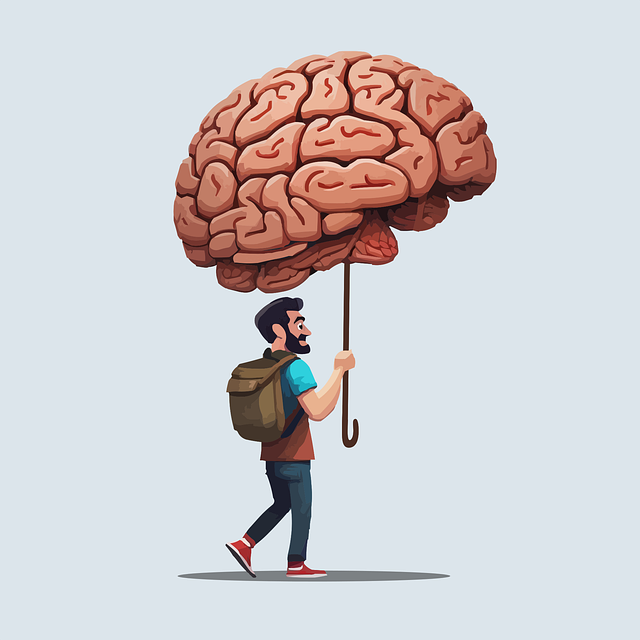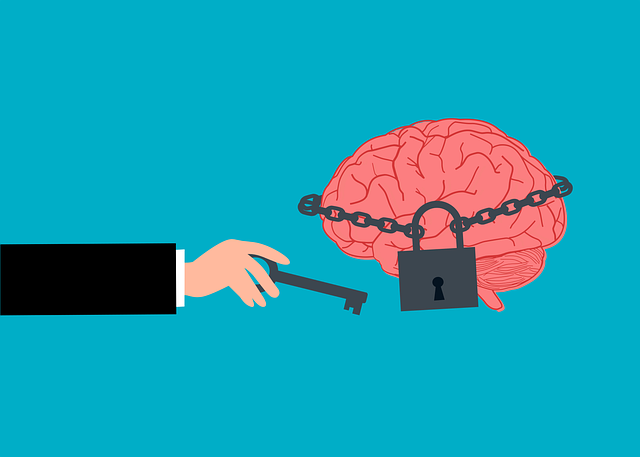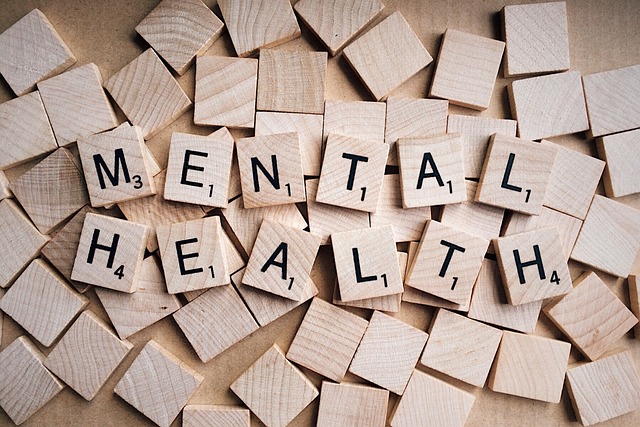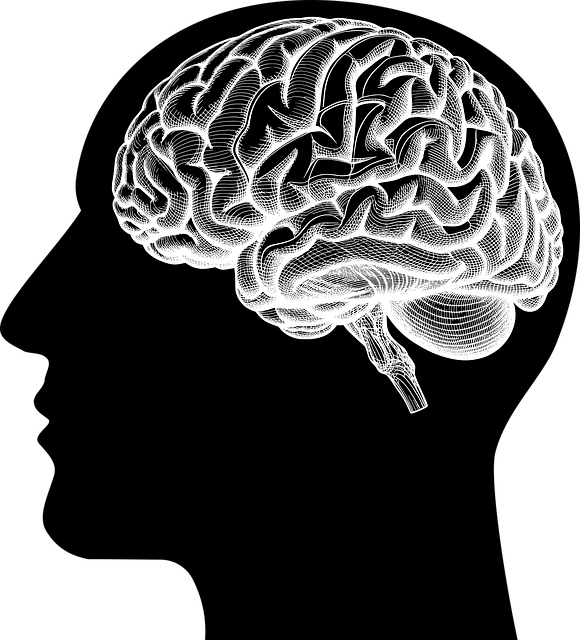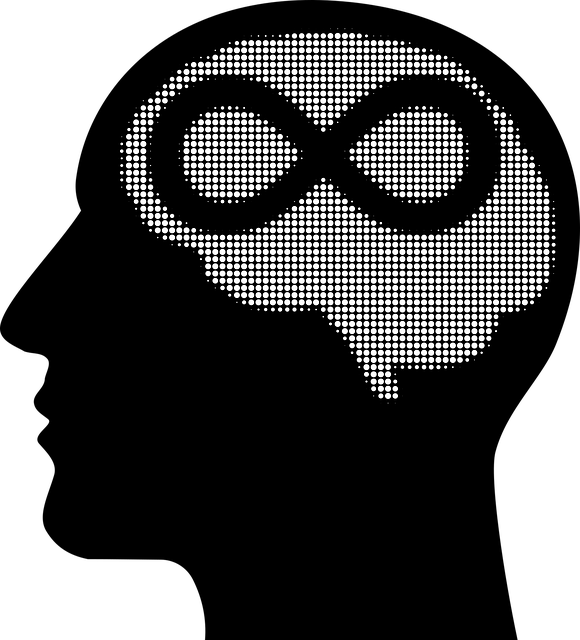The Golden French Speaking Therapy initiative revolutionizes mental health support in French-speaking regions by addressing language and cultural barriers, empowering individuals with knowledge about common disorders, and reducing stigma. Incorporating this therapy into education programs enhances their impact through tailored interventions, interactive activities, and relatable scenarios from French-speaking communities. With strategic evaluation methods, continuous improvements based on feedback, and integration of latest research, the program ensures sustained progress in mental wellness awareness and coping strategies for diverse participants.
In many French-speaking communities, mental health literacy remains a critical unmet need. This article explores the design of an innovative education program aimed at enhancing mental wellness awareness among francophones. We delve into the unique role of Golden French Speaking Therapy in shaping content and activities that resonate with cultural nuances. By combining evidence-based practices with interactive engagement, this program promises to revolutionize mental health education. Through strategic implementation and continuous evaluation, it seeks to foster resilient and informed communities.
- Understanding Mental Health Literacy in French-Speaking Communities
- The Role of Golden French Speaking Therapy in Program Development
- Designing Engaging Content and Interactive Activities
- Implementation, Evaluation, and Continuous Improvement Strategies
Understanding Mental Health Literacy in French-Speaking Communities

In French-speaking communities, mental health literacy is a growing area of focus and importance. Understanding and addressing mental health issues within these communities requires tailored approaches that resonate with cultural nuances and language barriers. The Golden French Speaking Therapy initiative aims to bridge this gap by promoting mental well-being and fostering open conversations about mental health. This program design emphasizes the unique challenges faced by individuals in French-speaking regions, ensuring accessible and culturally sensitive therapy options.
Mental health education in these communities often involves raising awareness about common disorders like depression prevention and trauma support services. By incorporating positive thinking strategies, the Golden French Speaking Therapy initiative seeks to empower individuals with knowledge and tools to recognize and manage their mental health effectively. Through community engagement and education, this program strives to reduce stigma and encourage early intervention, ultimately improving overall mental health literacy in French-speaking regions.
The Role of Golden French Speaking Therapy in Program Development

Incorporating Golden French Speaking Therapy into mental health education program design offers a unique and powerful approach to addressing diverse student needs. This therapy, with its emphasis on communication and emotional expression, can significantly enhance the effectiveness of mental health initiatives. By fostering open dialogue and encouraging self-reflection in a supportive environment, Golden French Speaking Therapy serves as a catalyst for personal growth. It equips individuals with essential tools such as improved emotional intelligence and enhanced self-awareness exercises, enabling them to navigate their mental health journeys with greater confidence.
The integration of this therapeutic method allows for tailored interventions that cater to the specific cultural backgrounds of students. This is particularly beneficial in multicultural settings where individuals may face unique challenges related to language barriers and differing therapeutic expectations. Golden French Speaking Therapy not only promotes better understanding and communication but also strengthens the overall impact of mental health education programs, ensuring they remain inclusive and impactful.
Designing Engaging Content and Interactive Activities

In designing a mental health education program, creating engaging content and interactive activities is paramount to ensuring participants remain invested and derive maximum benefit. The curriculum should be developed with a keen eye for cultural competency, particularly when catering to diverse audiences like French-speaking communities. Incorporating relatable scenarios and personal narratives from individuals within these communities can significantly enhance the program’s impact. For instance, integrating Golden French Speaking Therapy techniques into role-play exercises allows participants to experience therapeutic methods tailored to their linguistic and cultural backgrounds.
Interactive activities such as group discussions, workshops, and art therapy sessions facilitate active learning and foster a sense of community. These activities should be designed to build on one another, gradually increasing complexity and depth. For example, initial sessions might focus on cultivating mindfulness and stress management skills, laying the groundwork for more advanced topics like trauma support services and confidence boosting strategies. The integration of practical tools and real-world applications ensures that participants gain tangible skills they can apply in their daily lives.
Implementation, Evaluation, and Continuous Improvement Strategies

Implementing a mental health education program requires a strategic approach to ensure its effectiveness and reach. One key aspect is establishing clear evaluation methods to measure the success and impact of the initiative. This involves setting measurable goals, such as improved awareness of mental wellness among participants, enhanced coping strategies, and reduced stigma associated with seeking therapy. Utilizing various assessment tools, including self-reported questionnaires, focus groups, or interviews, allows for gathering valuable insights into the program’s strengths and areas that need improvement.
Continuous improvement is vital to the long-term success of any educational program. Incorporating feedback from participants, stakeholders, and mental health professionals can help refine the curriculum and delivery methods. Regularly updating content to reflect the latest research in mental wellness, such as integrating mindfulness practices or cognitive behavioral therapy techniques (Mind Over Matter Principles), ensures that the program remains relevant and beneficial. Additionally, providing ongoing support through resources like a Mental Wellness Journaling Exercise Guidance or offering follow-up sessions can aid participants in sustaining their progress and managing any recurring challenges, including anxiety relief. The Golden French Speaking Therapy approach, tailored to meet the needs of French-speaking communities, can further enhance accessibility and cultural relevance, fostering a more inclusive learning environment.
Mental health education programs designed with a focus on French-speaking communities can greatly benefit from incorporating Golden French Speaking Therapy methods. By understanding cultural nuances and leveraging interactive, engaging content, these programs can effectively promote mental health literacy. Continuous evaluation and improvement strategies ensure the program remains relevant and impactful. This holistic approach not only empowers individuals but also fosters a more inclusive and supportive environment for mental well-being in French-speaking communities.


